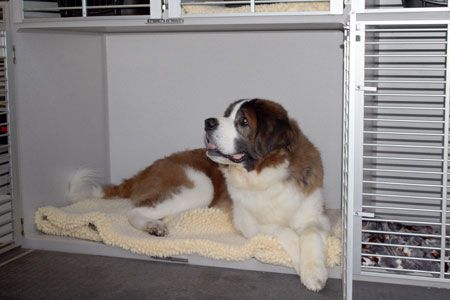A ride with pets in mind
Its like every day is a spa day for veterinary patients in this thing as Intermountain Pet Hospital takes the clinics low-stress tactics on the road.
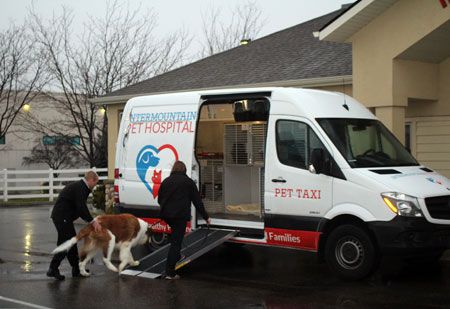
Photos courtesy of Dr. Bob BeedeFear-Free, low-stress handling and patient-calming tricks are all the rage in brick-and-mortar veterinary clinics, but one practice has a unique view of taking a quieter patient experience on the road.
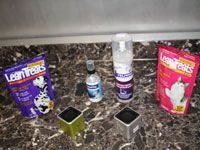
The six miles between Intermountain Pet Hospital in Meridian, Idaho, and its new satellite wellness clinic is traveled often by the hospital's low-stress van. The interior is equipped with calming music, pheromone sprays, soft cushions, laminate horizontal cage bars and covers for compartments-even a personal kennel technician to accompany fearful pets.
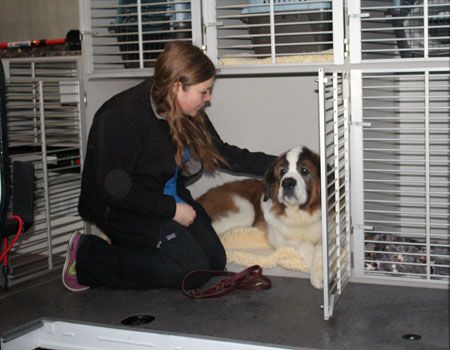
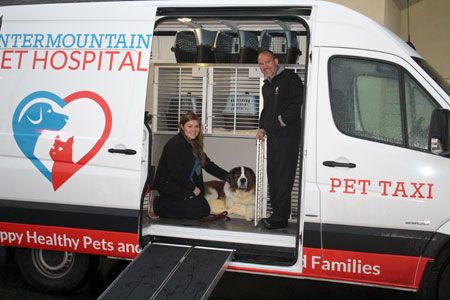
Bob Beede, DVM, says his partner at Intermountain Pet Hospital, Brett Bingham, DVM, hatched the idea for the van. Bingham reasoned that the wellness clinic needed a van to transfer the 20 percent of cases that required advanced care at the bigger hospital. They were also both committed to extend the low-stress tactics used in their clinics, grooming and boarding facilities to the transport of their patients. Thus, the low-stress van was born.
Beede says this allows for a more positive experience for team members, patients and clients when transferring pets from the clinic or from clients' homes to the hospital for boarding, day care and grooming as well as radiographs, surgery or extended medical care.
The van also allows for:
> house calls for euthanasia and return of remains for cremation
> food or medication delivery, when time permits
> picking up pets in hospice care that need a hospital visit
The van may also make house calls to clients in assisted living.
The entire team at Intermountain Pet Hospital has been on a mission to develop and improve low-stress veterinary skills. Their standards are based on American Animal Hospital Association behavior protocols as well as initial Fear-Free guidelines (like those at dvm360.com/fearfree). And they're continuing to meet with experts in the low-stress field and send team members for continuing education focused on behavior and low-stress veterinary visits.
